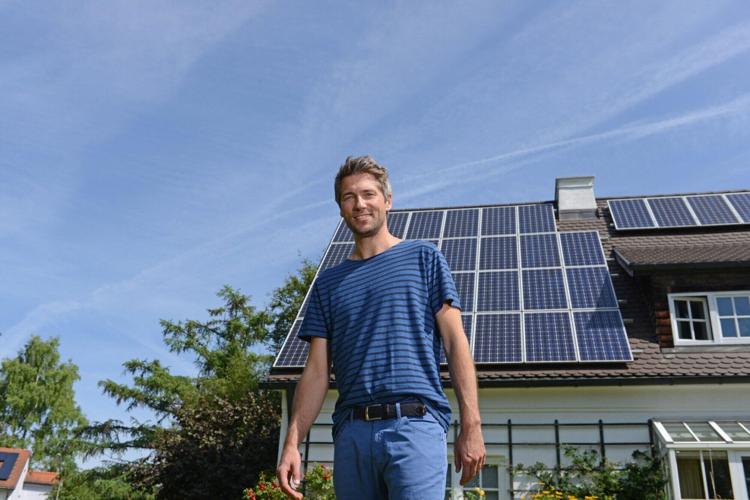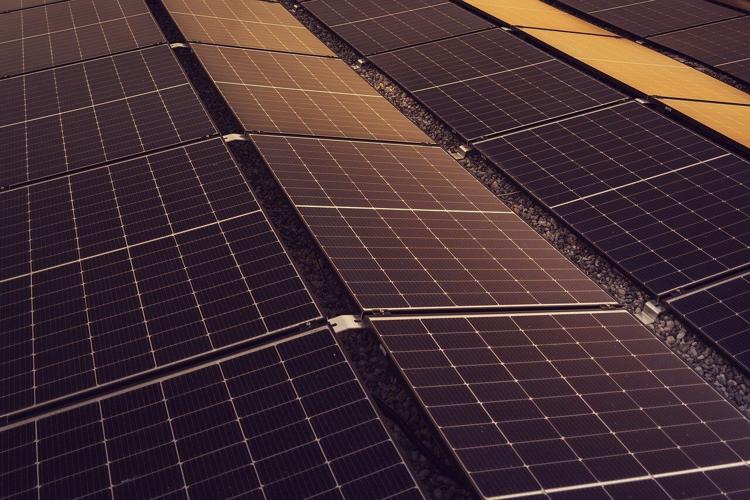
According to the EIA, 3.7% of U.S. single-family homes use solar power.
Solar energy offers a promising alternative to traditional power sources. The system is both sustainable and environmentally friendly.
However, installing solar panels is not a straightforward task. It requires careful planning to avoid common mistakes affecting the system's efficiency and longevity.
In this guide, we'll cover the top 10 solar installation mistakes. Read on to learn more!
1. Poor Site Assessment
A proper site assessment is the foundation of an effective solar panel installation. This involves analyzing the area where the panels will be installed to ensure they receive optimal sunlight.
If this step is ignored, the solar panels might end up in a location with too much shade or other environmental factors that can reduce their effectiveness. It's crucial to have a professional evaluate the site to identify the best possible placement.
When evaluating your roof for panels, the strength of the installation site must be checked. Specialists need to make sure the roof can handle the extra weight of the solar panels and their mounting equipment.
2. Incorrect Panel Angling
The angle of your solar power panels affects how much sunlight they can absorb. If the panels are at the wrong angle, they are unable to collect enough solar energy to operate properly. This reduces their efficiency.
The best angle for solar panels depends on your location. It should be calculated precisely to maximize power all year round.
Advanced solar installations might use adjustable mounting systems that allow the tilt angle to be changed manually or automatically, adapting to seasonal variations.
3. Using Low-Quality Mounting Equipment
The mounting equipment used to install solar panels must be durable and suitable for your local climate conditions. Opting for low-quality mounts can risk the panels becoming unstable, especially under extreme weather.

It's advisable to invest in high-quality, certified mounting equipment to ensure the stability and durability of your solar panels.
4. Overlooking Electrical Load Calculations
Before installing solar panels, it's important to perform detailed electrical load calculations. These calculations help determine if the solar system can handle the energy needs of your property.
The calculations should factor in potential future changes in energy usage, such as:
Addition of new appliances
Changes in occupancy
Increased consumption patterns
This foresight helps in designing a system that remains efficient and adequate over time. Plus, it can help reduce your carbon footprint. Without this step, there's a risk of overloading the system or not providing enough power, which can lead to failures in operation.
5. Skimping on Professional Installation
While it might be tempting to save money by attempting a DIY solar panel installation, hiring professionals is crucial for ensuring the system's reliability and efficiency.
Experienced technicians can not only optimize the layout of the system but also make sure that every component is securely integrated, significantly reducing the risk of malfunctions and safety hazards.
6. Ignoring Local Regulations and Codes
Every solar panel installation must comply with local building codes and regulations. Ignoring these rules can lead to legal issues. It's essential to understand and adhere to these regulations to ensure your solar system is both safe and compliant.
Insurance coverage can also be affected by non-compliance with building codes. Many insurers require that solar installations comply with local regulations to validate property insurance policies.
Non-compliance can lead to denial of claims or even cancellation of coverage, leaving the property owner exposed to significant financial risk in case of damage or liability.
7. Inadequate Wiring Practices
Wiring is a critical component of solar panel installation. Using the wrong type of wires or poor wiring practices can lead to dangerous electrical hazards and reduce the system's overall efficiency.
The type of wiring is also crucial. For outdoor connections, wires must be durable and resistant to environmental stress. Cables used in solar panel installations should generally be UV-resistant and weatherproof to withstand exposure. In areas where wires may be exposed to physical damage, conduit or other protective encasement may be necessary.
8. Neglecting System Monitoring
Installing a monitoring system for your solar panels allows you to track their energy production and monitor the health of the system in real time. Without monitoring, it can be difficult to detect and address issues early, which could lead to expensive repairs and downtime.
For instance, a sudden drop in energy output could indicate a problem such as:
A malfunctioning panel
An obstruction like debris or shade
a fault in the system's wiring or inverters
Early detection of these issues allows for prompt troubleshooting and repair. in turn, this vigilance can prevent more extensive damage and avoid costly repairs.
9. Ignoring Regular Maintenance
Regular maintenance is crucial for sustaining the performance and longevity of solar panel systems. Many homeowners overlook the need for periodic checks and cleaning, which can lead to accumulated debris, such as leaves and dirt, blocking sunlight and reducing efficiency.

Maintenance also involves inspecting the panels for any damage or wear and ensuring that all connections and mounts remain secure. Scheduling regular maintenance visits from professionals can help detect potential issues early, maintain optimal performance, and extend the lifespan of the system.
10. Choosing Incompatible Components
Using components that are not compatible with one another can severely impact the reliability of a solar power system. It's essential to ensure that all parts of the solar setup, from panels to inverters and batteries, are compatible with each other.
Incompatibility can lead to reduced system performance, increased wear and tear, and even safety hazards. Consulting with a professional to select the right components that work seamlessly together is critical for maximizing the benefits of solar energy.
Solar Installation Done Right
To fully benefit from solar energy, it's essential to avoid these common solar installation mistakes. By focusing on proper planning, using quality materials, adhering to local standards, and opting for professional installation, you can ensure that your solar system operates at its best.
This not only helps optimize your investment but also contributes to a sustainable and energy-efficient future.
Check out more helpful tips and informative content on our blog to keep your home running smoothly and sustainably!






(0) comments
We welcome your comments
Log In
Post a comment as Guest
Keep it Clean. Please avoid obscene, vulgar, lewd, racist or sexually-oriented language.
PLEASE TURN OFF YOUR CAPS LOCK.
Don't Threaten. Threats of harming another person will not be tolerated.
Be Truthful. Don't knowingly lie about anyone or anything.
Be Nice. No racism, sexism or any sort of -ism that is degrading to another person.
Be Proactive. Use the 'Report' link on each comment to let us know of abusive posts.
Share with Us. We'd love to hear eyewitness accounts, the history behind an article.